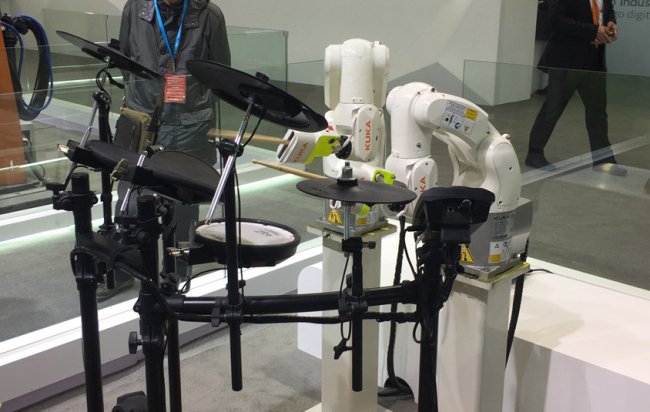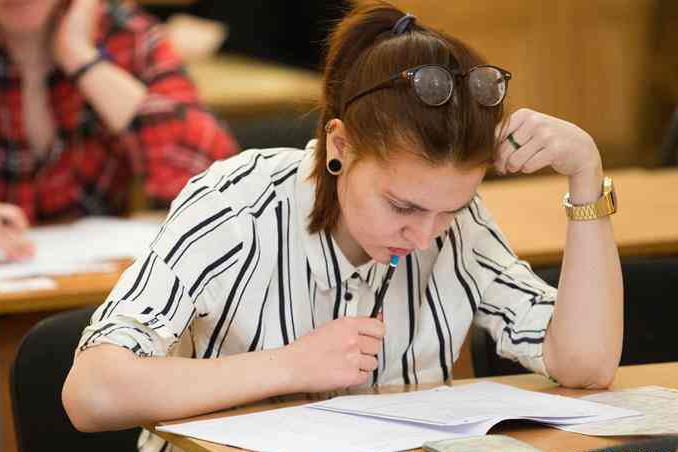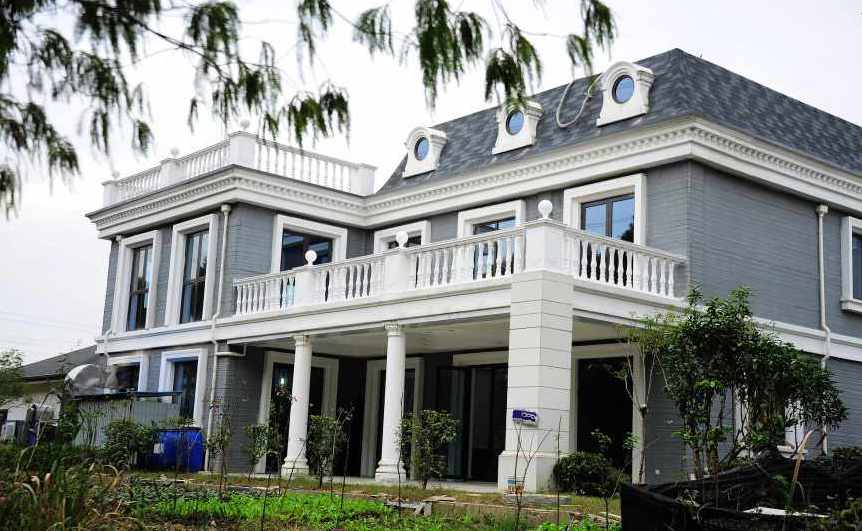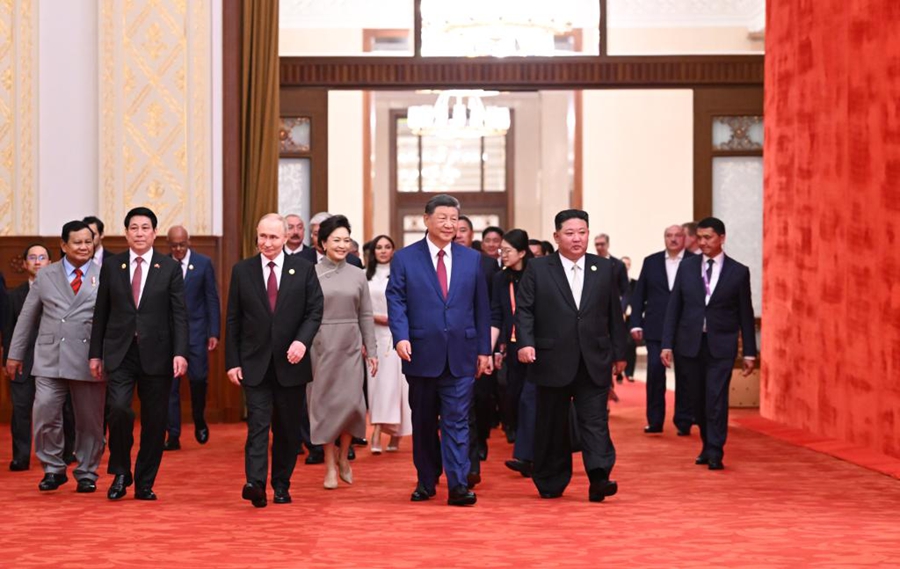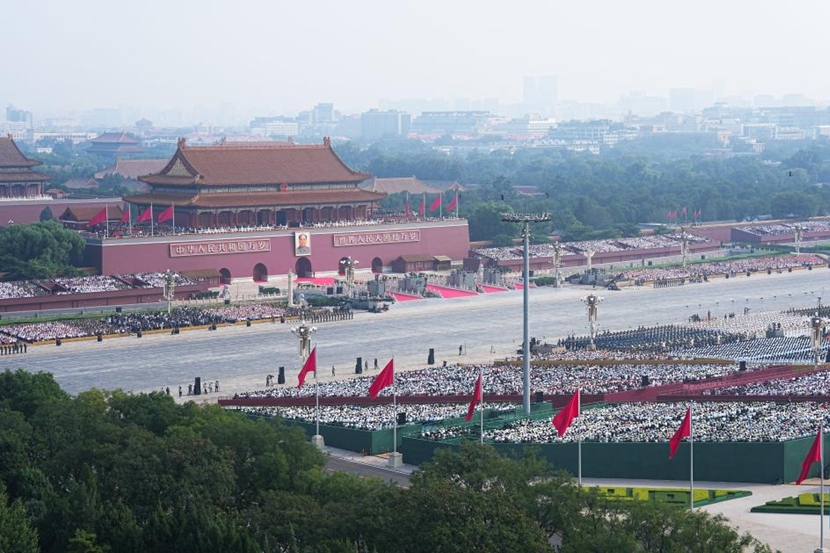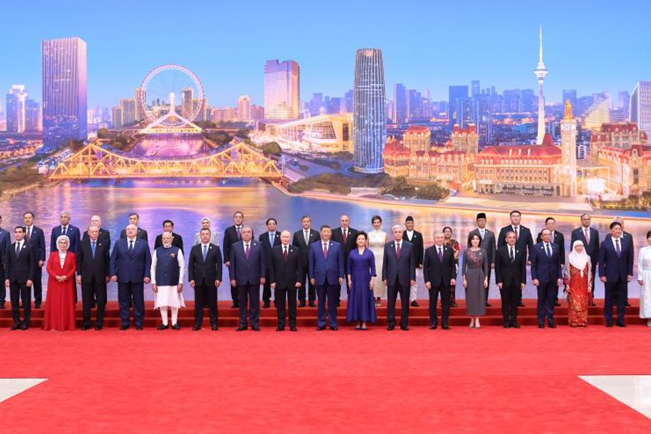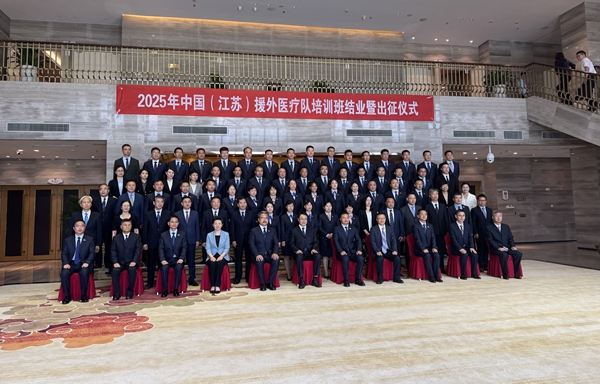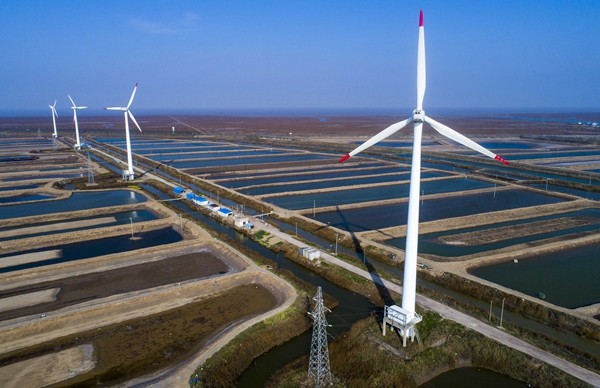
(CFP Photo)
Efforts to peak carbon emissions and realize the carbon neutrality pledge are among the hot topics during the two sessions this year. As a large province in energy consumption and carbon emissions, Jiangsu will continue the proactive efforts to contribute to the national campaign for a high-quality development.
Qiao Xu, a member of the CPPCC National Committee and president of Nanjing University of Technology, hailed the progress made in Jiangsu during the 13th Five-Year Plan (2016-2020). Qiao said the province reduced coal and steel production capacity by 30.37 million tons in the past five years and shut down 4,454 chemical enterprises. The province’s carbon emission intensity in last year was 24% lower than in 2015.
Zhang Lei, a deputy to the National People's Congress and chairman of Envision Group, said he is very confident of China’s green energy drive, and urges efforts to develop a new zero-carbon industrial system. He mentioned progress in using hydrogen as a clean alternative to carbon-rich coke in blast furnaces for making iron, powering cars and ships with electricity and fuel cell technology, and producing recyclable and degradable industrial materials by using biosynthesis technology.
NPC deputy Zhao Wei, also a manager of Weifu High-Tech, said the company kicked off the research and development of batteries used for new energy vehicles in 2018. Then one year later, Weifu built a research center in Wuxi, mainly devoted to the development of new power batteries.
NPC deputy Yin Yan, professor at Nanjing University of Information Engineering, said Jiangsu has the potential to take the lead in building an energy internet. As an international technology leader in smart grids and renewable energy grid, the province is focusing on core technologies in key areas of future energy development, according to Yin.

